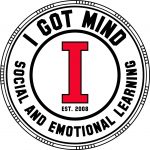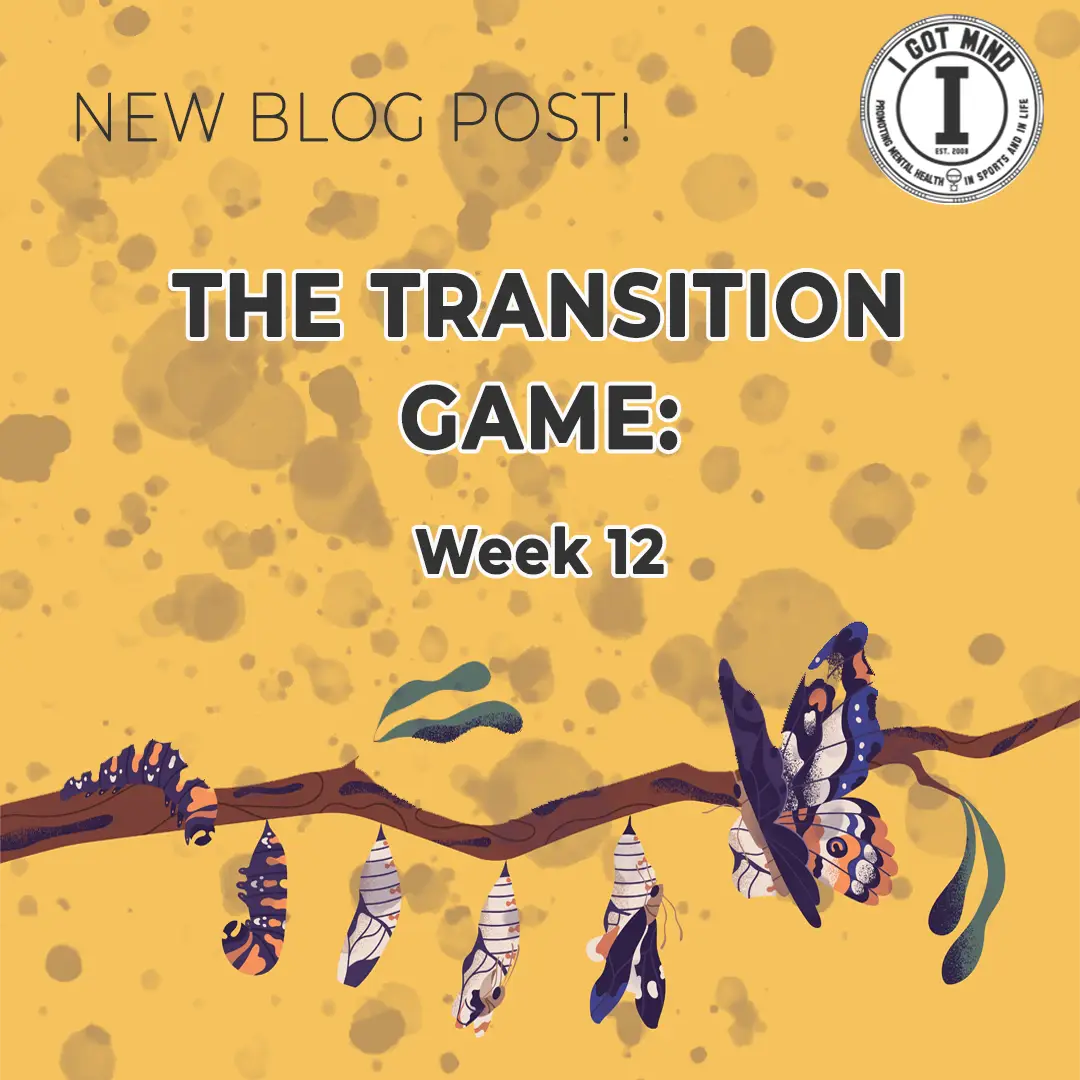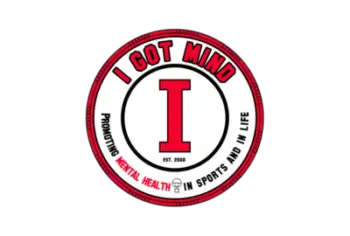Welcome back!
Communication, that’s a word that has caused me an unbelievable amount of grief. Although it’s not so much the word as it is my lack of skills and numerous bad habits. Conditioning from unhealthy cultures, trauma from relationships, depression, and lack of education are a few of the contributing factors to my struggles with communication. What did my lack of skills and bad habits bring me? Wasted opportunities, low self-esteem, and a whole lot of trouble. That isn’t a pattern I’d like to continue, so I was excited to dive into this section of the program.
I knew I had issues with my communication, it was made abundantly clear in romantic relationships. However, once I began to pull on that string, I realized how much it had impacted other areas of my life without me even noticing. I never communicated with my coaches, it was only ever “yes coach!” no matter how much I disagreed. I can only imagine where I would be if I had practiced better communication skills and been able to find a better understanding with my coaches. I never spoke my mind with coaches or told them where I thought I fit. I had a coach that we didn’t agree with as a team, we were frustrated as hell and jealous of the other teams in our association. Some guys spoke their mind and sat on the bench, I chose to “smile and nod”, never say anything besides “yes coach”, even though I never listened or did anything that the coach asked of me, I played a ridiculous amount of minutes that year and was named a captain. All of which further reinforced some poor communication habits.
Something that struck me was the lesson on arguments, “You can’t win an argument. You can’t because if you lose it, you lose it, and if you win it you’ve lost some respect.” I have never been one to argue, nonetheless, I had never viewed arguments from that perspective. It is 100% true. I have been on both sides of it many times. I’ll bet that you have too. Unfortunately, in my struggles since graduation, it has happened much more frequently. Excited to get back to my old self (with many improvements of course) would be an understatement. Of course, the listening portion of this section caught me red-handed. I have a few terrible listening habits. I’m always thinking about what I’m going to say next instead of giving my full attention. If someone is talking about something I don’t find interesting, I’ll be daydreaming in about 10 seconds. I’d go on but, I already sound like a horrible human being. These are some of the things I have been practicing a lot. I’m happy with my progress, I’m much more patient with my communication and it’s paying off. This will be another section I revisit frequently.
Esty



